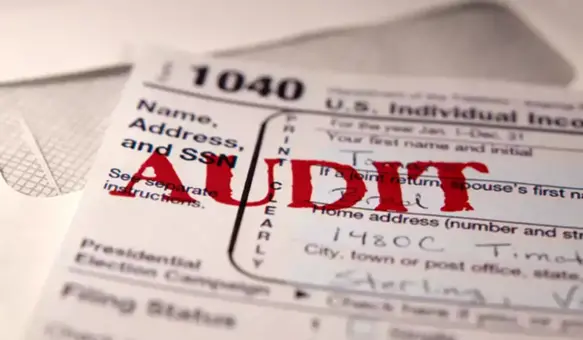Information You Need About Foreign Rental Properties

If you own rental properties in a foreign country, you may be aware that they are treated the same as US domestic rental properties if they are owned by a US Citizen or Green Card Holder. There are some aspects to consider, however, when you own a rental property overseas.
Whether you inherited the property or you purchased the property, you will need to determine its value.
If you received your foreign property through an inheritance, the determination of its value would most likely be considered with a step-up basis. This method of determining the property value considers the value of the property at the time of death of the previous owner rather than the amount for which the property was originally purchased by the person passing it down to you.
If you purchased the property, you will be required to have the value of the property assessed by its current market value. Whether you received the foreign property through an inheritance or you purchased it, you will want to have an appraisal done by an experienced, licensed real estate agent and maintain records appropriately. Depending on where your property is located and the professional appraising your foreign property, you may be required to translate the appraisal into English.
You will be required to convert all of your foreign currency associated with your foreign property into USD.
There is no official exchange rate established by the IRS. Generally speaking, the IRS will accept any exchange rate that is consistent across the board. When you are trying to figure out which exchange rate would be most accurate for the income and expenses associated with your rental property, choose the rate that is most consistent with the details of your transaction(s).
For example, if you only had one transaction during the year (such as the purchase of your rental property), you would use the exchange rate for the date on which the transaction occurred. If you are receiving income regularly from your foreign rental property throughout the year, you could convert your foreign currency into USD based on the annual average currency exchange rate for the tax year in which your transactions occurred. Take a look at the average annual currency exchange rates posted by the IRS.
You must consider depreciation of the value of your property if it is being used to generate income and you intend on using it for more than one year.
You will be required by the IRS to calculate the depreciation of your property. You only consider the value of the foreign property itself – not the land on which the property sits. Depreciation begins on the date that you place your property into commission to produce an income. Depreciation stops when you either recover your cost (or other basis) completely or you cease to use it as a means of income.
You must report all income on your US expat tax return using Schedule E.
The IRS requires you to report all worldwide income when you are a US Expat living and working overseas, and this includes rental income. To report your rental income to the IRS, attach Schedule E to Form 1040 when filing your US expat tax return. If you provide a range of services to tenants or manage your rental properties as your main business activity, then your participation in the rental may rise to the level of self-employment and require you to file a Schedule C rather than Schedule E. Remember that if you pay foreign taxes on your foreign rental property, you may deduct those foreign taxes using the FTC (Foreign Tax Credit).
On the flip side of being required to report all rental income, you may also deduct expenses associated with your foreign rental property.
You will be able to deduct most of the expenses associated with your rental income on your US expat tax return. Items you will be able to deduct include but may not be limited to:
- Amounts paid to companies which manage your property
- Repairs to your foreign rental property
- Travel directly related to the maintenance of your foreign property
- Mortgage interest
- Insurance
You will use the same schedule (Schedule E or Schedule C) that you use to report your foreign rental income to deduct your losses against your property.
The value of rental property is not required to be reported on FBAR (Foreign Bank Accounts Report).
However, bank accounts related to maintaining the property (i.e. escrow account to pay mortgage interest or accounts set up specifically to maintain and operate the property) must be reported.
You may claim a loss on your foreign rental property if your expenses exceed your income, but you may not be able to claim all of your losses in a single tax year.
If your expenses exceeded your income, you will be able to claim a loss against your foreign rental property. You will want to familiarize yourself with “At risk rules” and “Passive activity limits” which would result in limitations being placed on the amount of loss you can claim in a given tax year.
If you are married to the non-resident alien spouse and your filing status is “Married Filing Separately”, you will not be allowed to claim the loss on rental property regardless of whether the property owned by yourself or jointly. However, if you have dependent children and your filing status is “Head of Household”, then your ability to claim a loss on foreign rental property is being restored.
The information contained in this piece is intended to provide you with the basic aspects and implications of owning a foreign rental property. If you own rental property and need more information about your specific case, you should consult a tax professional or a licensed real estate professional to answer your questions directly.



